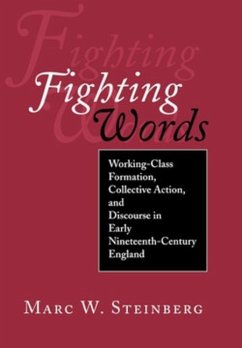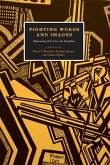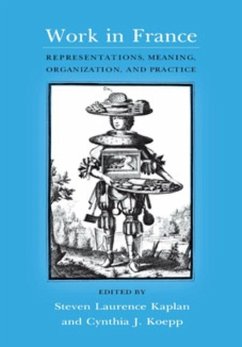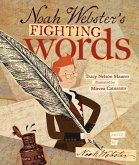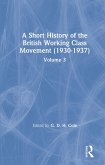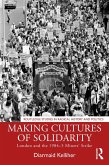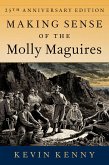A key component of social life, discourse mediates the processes of class formation and social conflict. Drawing on dialogic theory and building on the work of E. P. Thompson, Marc W. Steinberg argues for the importance of incorporating discursive analysis into the historical reconstruction of class experience. Amending models of collective action, he offers new insights on how discourse shapes the dynamics of popular protest. To support his thesis, he presents studies of two English trade groups in the 1820s: cotton spinners from Lancashire factory towns and London silk weavers.
For each case, Steinberg closely examines the labor process, industrial organization, social life, community politics, discursive struggles, and collective actions. By describing how workers shared experiences of exploitation and oppression in their daily lives, he shows how discourses of contention were products of struggle and how they framed possibilities for collective action. Embracing work in literary theory, sociocultural psychology, and cultural studies, Fighting Words claims a middle ground between postmodern and materialist analyses.
For each case, Steinberg closely examines the labor process, industrial organization, social life, community politics, discursive struggles, and collective actions. By describing how workers shared experiences of exploitation and oppression in their daily lives, he shows how discourses of contention were products of struggle and how they framed possibilities for collective action. Embracing work in literary theory, sociocultural psychology, and cultural studies, Fighting Words claims a middle ground between postmodern and materialist analyses.
Dieser Download kann aus rechtlichen Gründen nur mit Rechnungsadresse in A, D ausgeliefert werden.

